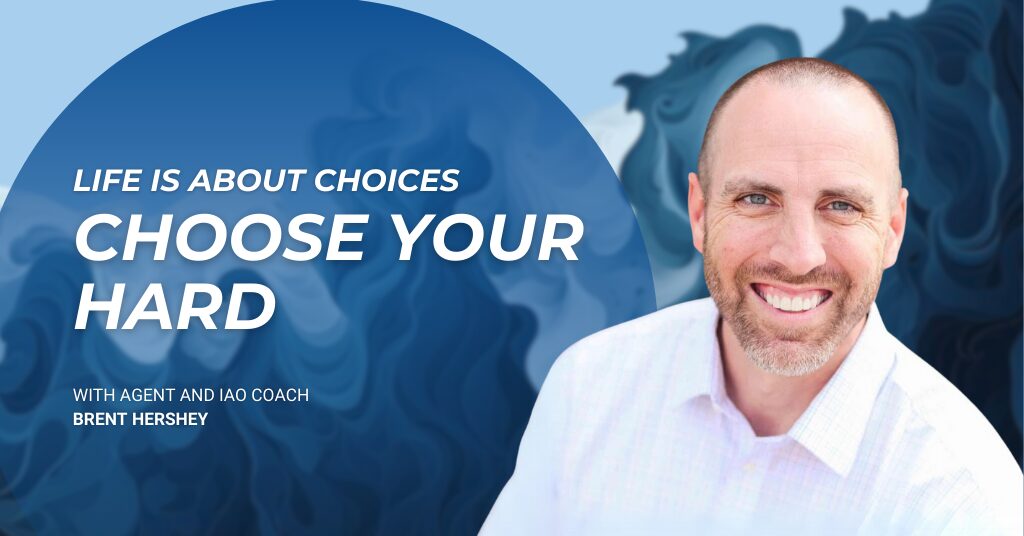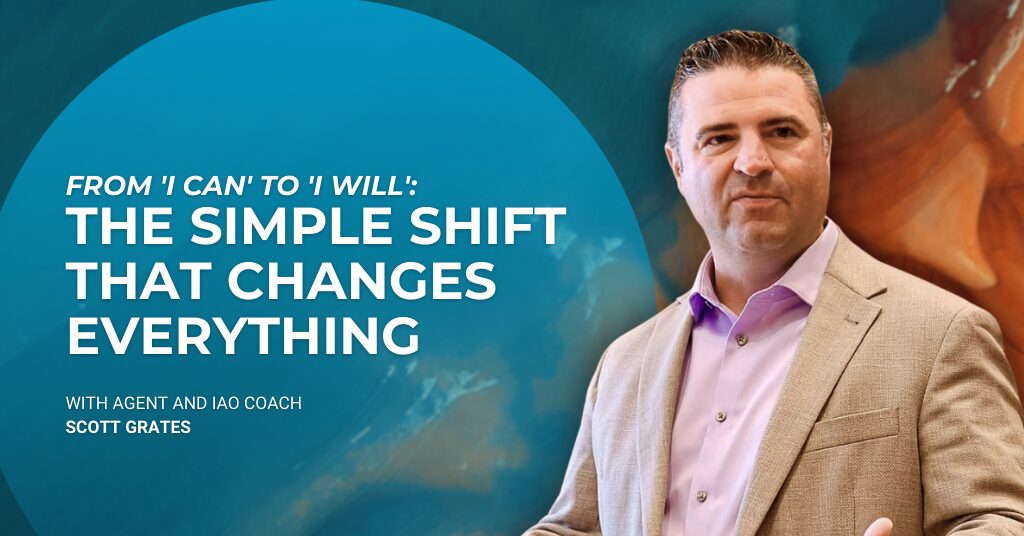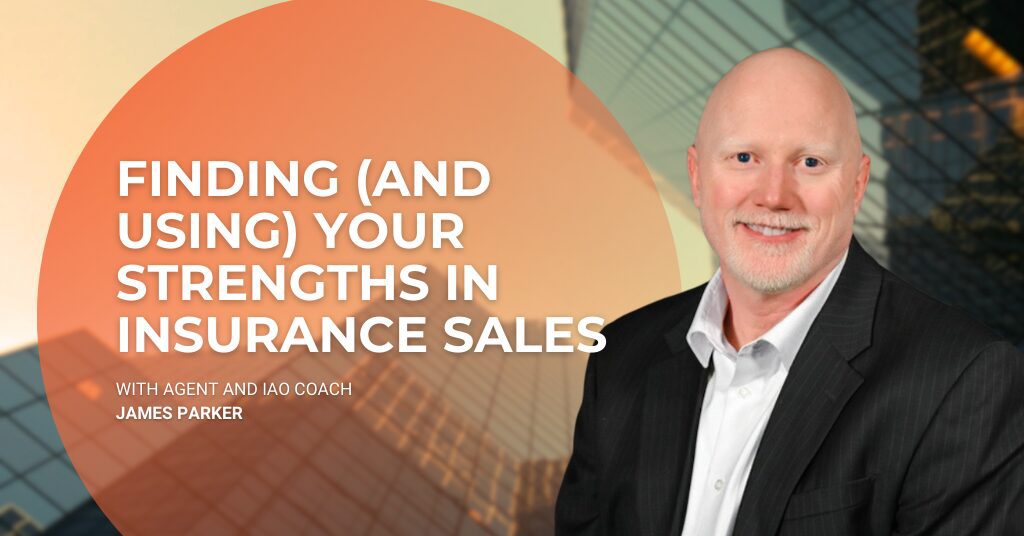With Necole Carpenter, IAO Coach & Member Benefits Specialist
Length: 4:57
Discover how to align your purpose with your goals with the three ideas shared in this article. Doing so can guide your decisions, distinguish the right opportunities, and bring clarity at work and in life.
LISTEN NOW

TRANSCRIPT
Hi, this is Necole Carpenter, Member Benefits Specialist at Insurance Agency Optimization. Today we will be talking about what it means to find your purpose.
Find your purpose.
Did you know that unlocking your purpose is a powerful way to set aligned goals ramp up motivation and fulfill your life?
With your purpose to guide you, it’s easier to make decisions. It’s easier to distinguish between the opportunities which are right for you and those that aren’t. Finding your purpose requires soul-searching and deep thought. What’s more, your purpose can change with time as you collect more experience and discover new things that you love. But whatever it takes to get clarity over your purpose is more than worth it.
With purpose as your compass life can flow a little bit easier.
Here are three techniques that can help you unlock your life’s purpose.
The first one, journal your passions.
Journal. journal, journal. Your journal is one of the best ways to unlock your purpose. Journaling is one of the most effective ways to pull on the threads of your thoughts to see where the tangle leads. And as you write, without censorship or judgment, you can dive into the truth and that can be very liberating. Best of all, you don’t have to be an A-grade writer to get value from your writing.
Here are some prompts to help you unlock your purpose and your passion while journaling. And basically, it’s pretty easy.
Think about this:
If your day was free, what would you do?
Or you can use, what do you love to give advice on?
And what do people ask you about when you’re doing something?
What is it that you do that you lose track of time?
And finally, what do you want to be remembered for?
Now, the second thing that you can do is understand your impact.
It’s not unusual for your purpose to be wrapped up in something you’re naturally good at. This makes sense when you think about it, but sometimes we’re too close to ourselves to understand the depth of our skills and our impact. So don’t be surprised if things that others value in you isn’t something you instinctively see in yourself. It’s easy to overlook the true value of something that comes easily to you. So, ask other people what they love about you.
Chances are you’ll get some really valuable insight that will help you understand the true impact you make. Knowing what others value in you is a powerful way to take full ownership of the impact you make when you’re aware of how you empower others. You can own this aspect of yourself in a more purposeful way.
And lastly, and probably most importantly, you want to ‘find your why.’
Simon Sinek, author of Find Your Why, says that if we want to fill an undying passion for our work, we contribute to something bigger than ourselves. We all need to know our “why.” Sinek says that most of us know what we do and how we do it, but fewer people know the underlying reason behind their efforts.
Get clarity over your why, and you’ll connect with a bigger picture.
Instead of doing it alone, the things you do will take on more meaning and purpose. That feeling inspires you, and it’s going to motivate us to show up more fully. When you know what your why is, you’ll be able to make a line choice. You’ll instinctively know what things light you up and what things will drain your energy.
So how do we find your why?
First, ask yourself, why do you do what you do? Write down the first answer that comes to you. For example, I might say that I coach because I enjoy it. Now, that’s top-level, a very top-level superficial answer.
But let’s go a little bit deeper by asking why again. And in reply to that, I might say, I enjoy coaching because I can help people improve themselves. We’re getting a little bit closer to the truth, but we can go even deeper by once again, just asking why.
So, in reply to that, I might say that helping others improve themselves leads to my own self-awareness and the opportunity to see and be heard for who I really am, which is ultimately a form of self-improvement for me. And I believe in cultivating self-improvement is one of the most impactful goals we can set for ourselves. In other words, I coach because it fuels self-improvement, which helps me be my best self.
What about you? What’s your why? Try this exercise for yourself and keep asking yourself why until you get to the core. You’ll know it when you do because it will simply feel right in your soul.




